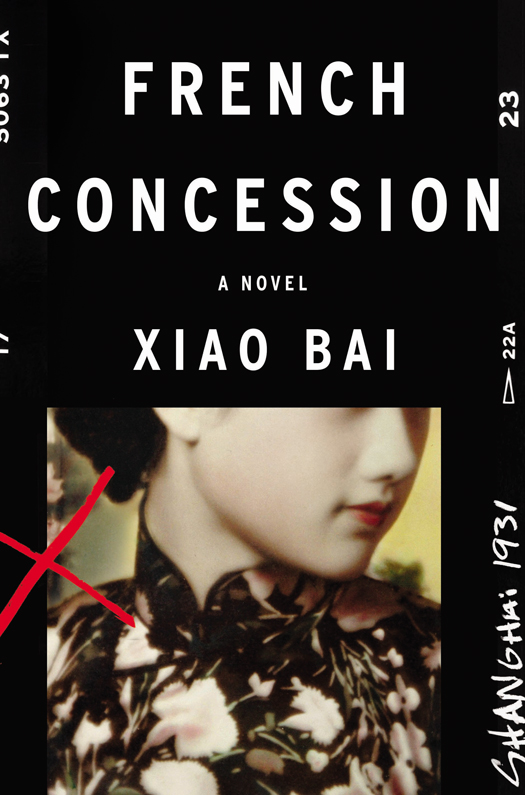
French Concession
A Novel
کتاب های مرتبط
- اطلاعات
- نقد و بررسی
- دیدگاه کاربران
نقد و بررسی

May 4, 2015
Even with the helpful list of dramatis personae, this novel of 1930s Shanghai from Xiao (Game Point) remains a hot mess of murky political intrigue, steamy couplings, foreign profiteering, and often-naive Communist fervor. It’s hard to keep the players and their shifting allegiances straight when the characters themselves—most of whom go by multiple names, to make matters even more confusing—frequently find themselves in the same bind. Can central figure Hseuh, a half-Chinese, half-French photographer, become a useful undercover operative for the French police controlling the Concession, or will he remain a dilettante boy toy to the sexually insatiable White Russian arms dealer (who might really be German) alternately known as Therese Irxmayer and Lady Holly? Is Leng, the mysterious beauty who bewitches Hseuh, a Communist true believer or a muddled borderline supporter? By the time surprising plot fireworks finally begin to explode, the average reader will probably have long since conceded defeat.

June 15, 2015
Set in 1931, this absorbing novel of character and mood stars Hseiu, a half-Chinese/half-French man, who is isolated by his heritage from both the European and the Chinese communities of his native Shanghai. His occupation as a photographer accentuates his outsider's status--he is more a disinterested eye than a committed actor. He has a mistress, a Russian Jewish gunrunner. Now Hseiu has taken a second lover, Leng, a communist revolutionary. The police force him to spy on both women, and he spins lie upon lie in his struggle to stay afloat but knows that one wrong step will bring disaster to him and those he loves. VERDICT Readers of Alan Furst's noir novels of Europe on the edge of World War II will find much to enjoy in this superior novel. [See Kristi Chadwick's mystery feature, "Not Your Usual Suspects," LJ 4/15/15.--Ed.]--DK
Copyright 2015 Library Journal, LLC Used with permission.

May 1, 2015
Shanghai between the world wars provides the backdrop for a photographer embroiled in an underworld of gangsters, gunrunners, Communist insurgents, and two bewitching women. The first novel by Bai translated into English centers on Hsueh, a photojournalist of French-Chinese extraction who's arriving in Shanghai with his lover, Therese, an arms dealer. An army officer on the boat is assassinated after it docks, and his wife, Leng, mysteriously disappears. Much of the story takes place in the French-administered pocket of the city, which is more lawless than those run by the British, Americans, or Chinese, but the local police still want to get to the bottom of the killing, and Hsueh is soon roped in to report on Therese's dealings and Leng's connection to a Communist cell. "Hsueh never let himself think too hard about ethics, consequences, the meaning of life, things like that," Bai writes of the novel's hero-a line that, like many in this story, strives for noirish flintiness but largely feels inert, plodding, and overly convoluted. Over the course of the two months depicted in the novel, Hsueh connects romantically with both Therese and Leng while uncovering plots to smuggle machine guns and rob banks, but all this talk of sex and violence lacks much energy, and what's meant to be comic banter between Hsueh and the French officers often curdles. Some of the novel's flaws may be matters of translation-sentences are larded with cliches, non sequiturs ("the sky was dream bright"), or just plain stiff phrasing ("he felt as though he had been caught between the cogwheels of two sophisticated killing machines"). But Bai has written a story so tangled that its concluding explosions inevitably have all the force of a pop gun. A strained historical crime yarn whose central gumshoe is much too flat-footed.
COPYRIGHT(2015) Kirkus Reviews, ALL RIGHTS RESERVED.

























دیدگاه کاربران